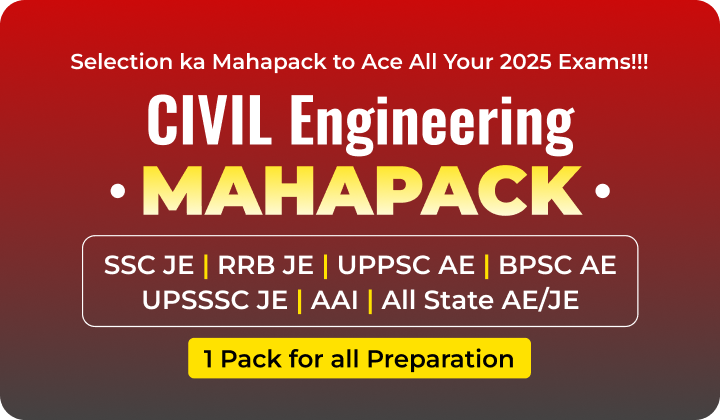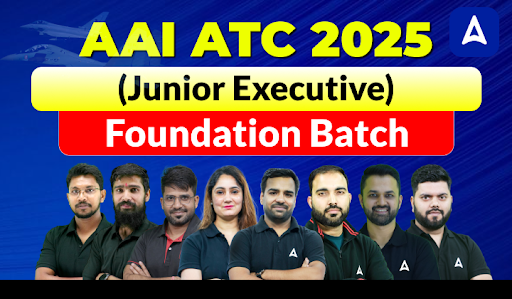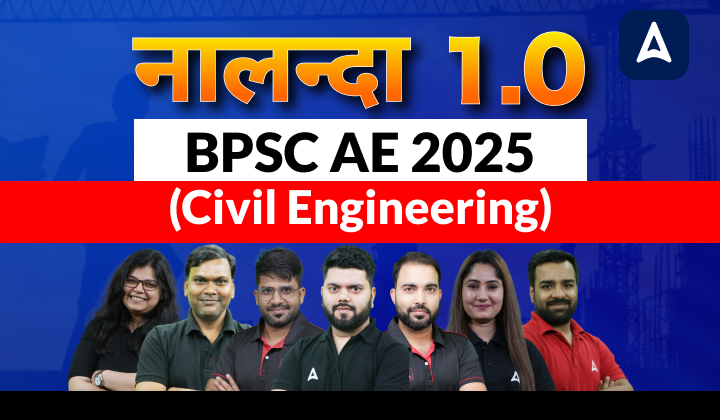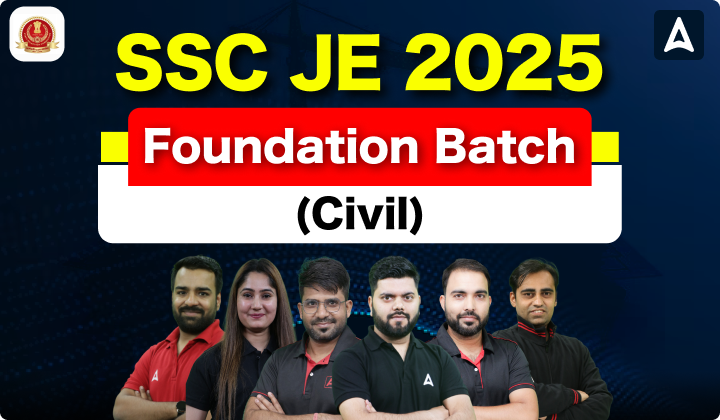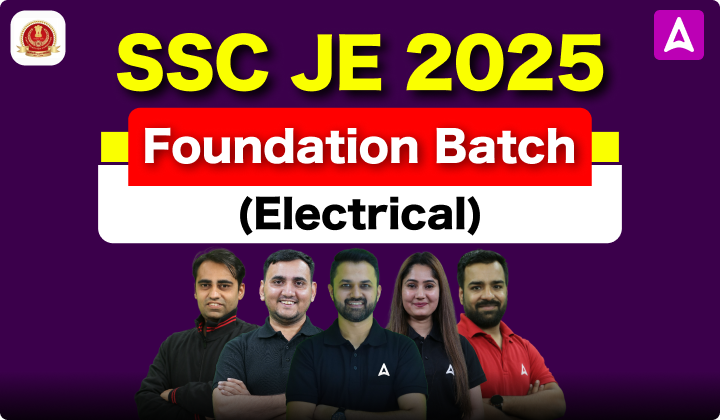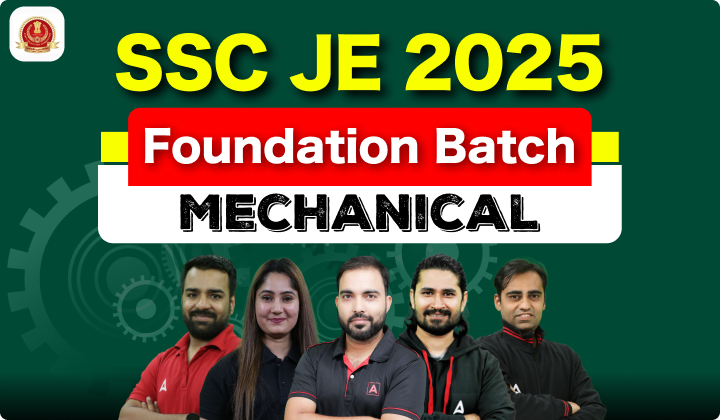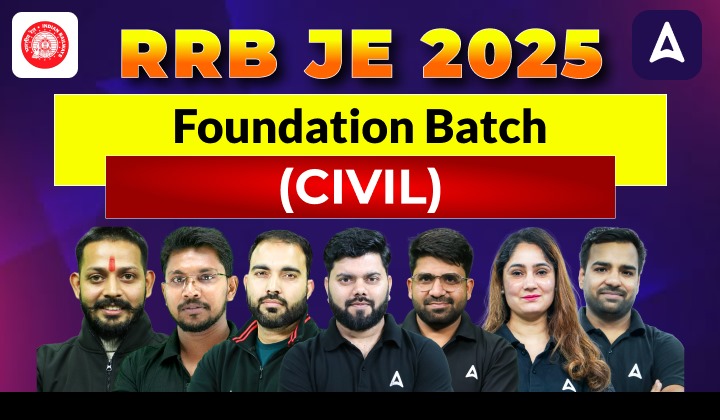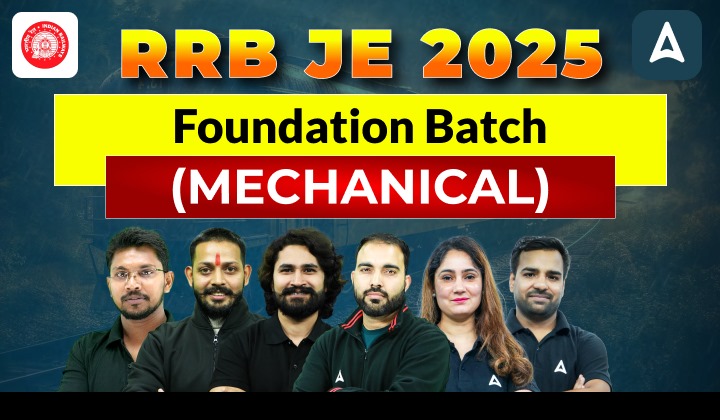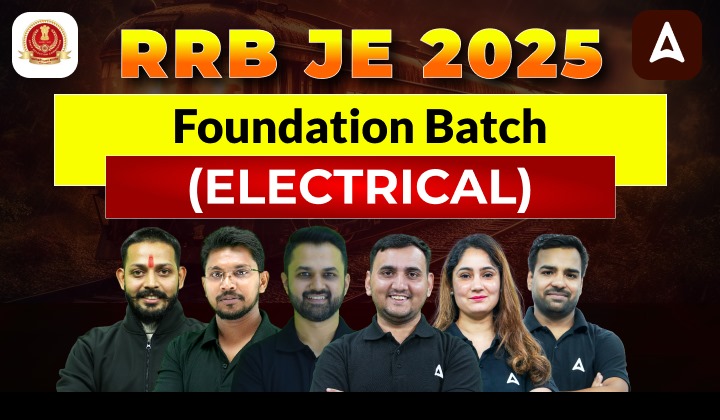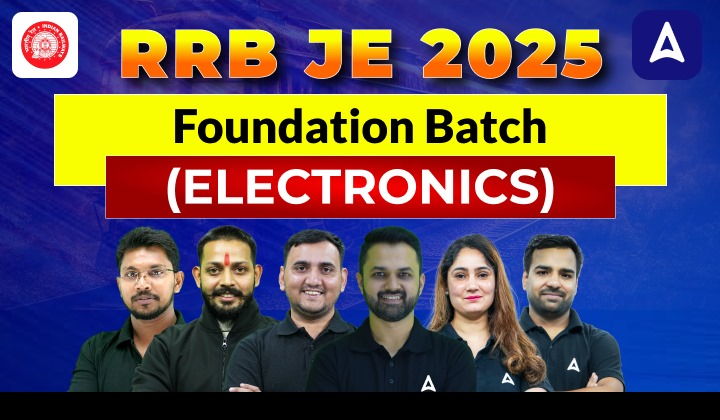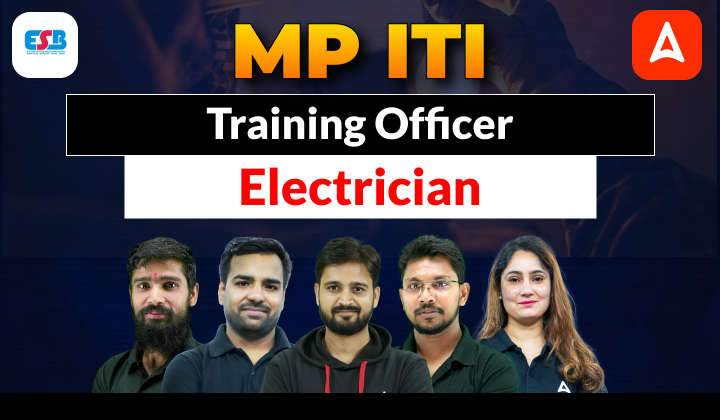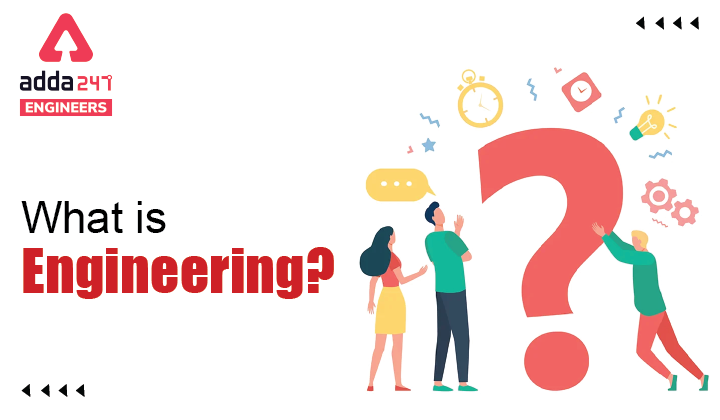
What is Engineering?: Engineering is the application of science and math to solve problems related to human life. While scientists and inventors come up with discoveries, engineers put those discoveries into practical use. Although engineering has been practiced for thousands of years, it is essential for STEM education, which aims to engage students with science, technology, engineering, and math. You can find examples of engineering in ancient structures like the Pyramids of Giza, Stonehenge, and the Parthenon, among others. Today, engineers work in a variety of fields, designing everything from cell membranes to buildings, prosthetics to transportation systems, and developing sustainable energy resources.
While engineering dates back to the invention of the wheel and beyond, the term “engineer” comes from the fourteenth century when it referred to someone who built military engines like catapults and other weapons. This military significance can still be seen today with the Corps of Royal Engineers and the U.S. Army Corps of Engineers. The word “engine” itself comes from the Latin word “Ingenium” (c. 1250), which means “innate quality, especially mental power, thus a clever invention.” Engineering expanded beyond military applications and began to be applied to civilian structures like bridges and buildings, leading to the formation of the term “civil engineering” to distinguish it from the original military engineering field.
Types Of Engineering
Engineers are engaged with the plan, assessment, advancement, testing, alteration, investigation, and keeping up with a wide scope of items, constructions, and frameworks. This includes everything from suggesting materials and cycles, directing assembling and development cycles, and leading disappointment examination and examination, to giving consultancy administrations and instructing designing to understudies and students.
- Mechanical Engineering
Mechanical Engineering specialists are associated with the planning, assembling, reviewing, and upkeep of hardware, gear, and parts like vehicles, motors, aviation items, weapon frameworks, advanced mechanics, turbines, development, and homestead apparatus, as well as a wide scope of instruments and gadgets. This sort of design is likewise connected with the administration of control frameworks and instruments for estimating the presentation and status of hardware.
- Electrical Engineering
Electrical Engineers work on the plan, testing, production, development, control, checking, and examination of electrical and electronic gadgets, parts, machines, and frameworks. This reach-in size from the littlest computer chips to enormous transmission and power age frameworks. This incorporates all that from broadcast designing to electromagnetic gadgets, PC frameworks, and media communications and that’s only the tip of the iceberg.
- Civil Engineering
Structural Engineers are engaged with the plan, development, support, and review of huge common foundation projects, including streets, railroads, extensions, passages, and dams.
Dealing with both public and private activities, structural specialists generally work in sub-teaches like natural designing, primary designing, or looking over.
As referenced above, structural design was initially made to separate it from military design.
- Aeronautic Engineering
As a particular part of mechanical and electrical design, aeronautic design centers around the planning, production, and testing of airplanes and rockets, including all parts and parts. Covering everything from vehicle optimal design and efficiencies to electrical control and route frameworks, a significant part of the skill is likewise utilized for different vehicles, like vehicles.
- Atomic Engineering
Atomic Engineers work on the plan, making, development, activity, and testing of the hardware, frameworks, and cycles for the creation and control of atomic power. From thermal energy station reactors to molecule gas pedals, atomic specialists likewise work on variables, for example, observing the capacity of atomic waste to safeguard individuals from possibly hurtful circumstances.
- Biomedical Engineering
Biomedical Engineers are worried about the plan of frameworks, gear, and gadgets for use in medical services and medication. By working with clinical experts, for example, specialists, advisors, and analysts, biomedical designers can meet the necessities of medical services experts.
- Chemical Engineering
Synthetic Engineers use physical science, science, science, and design standards for the plan of hardware, frameworks, and cycles for refining unrefined components for blending, compounding, and handling synthetic compounds for an assortment of items. Completing cycles on a business scale, synthetic designers are engaged with processes going from oil refining to maturation and the development of biomolecules.
- Computer Engineering
Computer engineers plan PC equipment, frameworks, organizations, and programming. Computer designing joins different disciplines, like electrical designing and software engineering, as well as programming and planning.
- Industrial Engineering
Modern Engineers plan and advance offices, hardware, and frameworks for assembling, materials handling, and other modern applications.
- Environmental Engineering
Natural Engineers are worried about the anticipation, evacuation, and disposal of wellsprings of contamination that influence the climate. Estimating contamination levels, deciding wellsprings of contamination, and tidying up dirtied regions, these specialists need to work consistently with unofficial laws.
- Marine Engineering
Marine Engineers is connected with any designing assignments on or close to the seas. This incorporates planning and improvements for delivery, submarines, oil rigs, onboard, harbors, and plants and that’s just the beginning. This specific area of design consolidates different kinds of designs, including mechanical designing, electrical designing, structural designing, and programming.
Steps To Become An Engineer
Here we have discussed the steps or a career path to become an Engineer. Candidates must read this in detail
Clear 10+2
If you are wondering how to become an engineer? Then to make a career as an engineer, the first step is to pass their 10+2 in science with physics, chemistry, and mathematics as compulsory subjects with an aggregate of 50 percent.
Clearing Entrance Examinations
Candidates should have passed class 12th boards in the previous year. They can attempt the exam two times in two different years to make a career as an engineer. Candidates should be less than 25 years for appear in the entrance exam. Popular Entrance Exams are:
- JEE MAINS
- JEE ADVANCED
- BITSAT
- SRMJEEE
Bachelor’s Degree
The candidates must clear the entrance examination for admission into the Bachelor’s program in engineering and make a career as an engineer, Entrance examinations differ from institute to institute for courses from BE/B.Tech etc.
| B.E (Civil Engineering) | B.E (Mechanical Engineering) |
| B.E (Electrical Engineering) | B.E (Computer Engineering) |
| B.E (Instrumentation Engineering) | B.E (Electronics Engineering) |
Candidates have a few choices after the fruitful culmination of a four-year certification program to lead their vocation way. We have referenced the two significant choices.
Choice 1: After the effective fruition of a four-year certification program, applicants can begin working in the business at a section-level job. In the wake of gaining an encounter of a couple of years, the person can additionally proceed with their schooling and choose a graduate degree program.
Choice 2: After the effective fruition of a four-year certification program, applicants can choose a graduate degree program in a related specialization with practically no hole in the scholarly year. After the fruitful culmination of a graduate degree program, applicants can begin working in the business in a section-level job. M.Tech. is one on the off chance that the most well-known degree in post-graduation for people who are keen on seeking additional instruction in a similar field. One can likewise do a Ph.D. after postgraduation in a similar field. A portion of the well-known specializations in M.Tech has been referenced in the table given below.
Master’s Degree
After completing the Bachelor’s program, candidates can opt for a Master’s program to get a better understanding of the field and learn a few more advanced concepts in a career as an engineer.
| M.E (Civil Engineering) | MTech (Mechanical Engineering) |
| M.E (Electrical Engineering) | M.E (Computer Science & Technology) |
| M.E (Electronics Engineering) | M.E (Electrical Engineering) |
Career Opportunities After Engineering
Before filtering out the branches with additional extensions and open doors, how about we investigate the disciplines that have acquired ubiquity in the current times and are highly pursued? As per the possibility, scope, and the profession’s valuable open doors attached to the designing course, we have arranged a rundown of the top five branches which are as of now moving:
- Computer Software Engineering
- Electronics and Communications Engineering
- Mechanical Engineering
- Information Technology Engineering
- Civil Engineering
Find out about these branches and their vocation open doors:
Computer Science Engineering
Computer Science is a field that subsumes the mix of hardware and programming. Software engineering Engineers need to have various abilities, for example, Analytical abilities, Creativity, Problem-solving abilities, Critical reasoning abilities, relational abilities, and Leadership abilities.
In the wake of finishing a B.Tech degree in Computer Science Engineering, applicants can land positions in organizations like Infosys, Google, HP, Dell, Samsung, Wipro, and so on. The work profiles include:
- Engineers
- Configuration Engineers
- Arrangement Integrators
- Programming Testers
- Space Consultants
- Businesses Officer (Technical)
- Programmer
- Framework Engineers
- Innovation Analyst
Information Technology
The name recommends a great deal and offers what this branch holds. Data Technology Engineering covers the subjects and parts of designing, for example, Computer frameworks, IT organizations, electronic applications, control frameworks, computerized reasoning, versatile figuring, and so on.
With the always developing and extension of the IT business, this discipline has acquired a ton of notoriety and is loaded with voluminous degrees too.
Vocation Opportunities include:
- Network Administrator
- Data set Administrator
- Framework Administrator
- Information Security Administrator
- Data System supervisor
- PC Technician
- PC Support Specialist
Electronics and Communication Engineering
All the contraptions, cell gadgets, clinical gadgets, and different thingamabobs are the givings of this field. Gadgets and Communication Engineering (ECE) or Electronics Engineering, manages the essential hardware, simple, as well as advanced transmission and gathering of information, satellite correspondence, microwave designing, receiving wires, and wave movement.
The profession open doors annexed to this field include:
- Administration engineers
- Network arranging engineers
- Research and development Software engineers
- Programming Analysts
- Specialized chiefs
A portion of the noticeable organizations where understudies can determine good positions incorporate names like ISRO, DRDO, BSNL, BHEL, HPCL, NTPC, BEL, IES, etc.
Mechanical Engineering
Mechanical Engineering is known as the herald of all designing streams. An expert program helps understudies grasp the functioning instruments of weighty hardware. Under this branch, the proposes of designing, physical science, and material science are contemplated and applied.
Whenever you have finished this degree from one of the most amazing Mechanical Engineering Colleges, you can open numerous profitable positions. Profession Opportunities affixed to this stream remember worthwhile bids for employment for various Maharatna and Navratna organizations like NTPC, BHEL, GAIL, IOCL, NHPC, and so on, or they need to join worldwide perceived organizations, such as MRF, Royal Enfield, and so on.
Taking everything into account, Mechanical architects with a degree in B.Tech Mechanical can serve the accompanying assignments and these are:
- Computer-aided design Technician
- Contracting Civil Engineer
- Control and Instrumentation Engineer
- Marine Engineer
- Mechanical Engineer
Civil Engineering
Civil Engineering is one more expert branch that arrangements with the plan, development, and upkeep of the assembled climate including parks, dams, spans, streets, and so forth. Nearly all that you see on the city plan is crafted by a structural specialist.
After the culmination of this certification, understudies get to fill in as:
- Building control assessor
- Computer-aided design specialist
- Counseling structural specialist
- Contracting structural designer
- Configuration engineer
- Atomic architect
- Site engineer
- Underlying architect
- Water engineer
- Country and Urban Transport engineer.
Engineering Skills For a Better Career
Some of the skills are commonly used in the Engineering Domain. It does not matter from which branch of engineering you have shaped your career. Skills often enhance productivity in Engineering for various types of work they have been accompanied for. Some of the Skills are mentioned below:
Planning abilities
A singular wanting to make a profession as a designer is expected to make portrayals of plans of hardware, gadgets, and different parts of, for instance, an apparatus framework or a dam on paper with charcoal pencils. The individual plans three-dimensional representations utilizing AutoCAD programming on the PC.
Research abilities
A specialist should have the option to investigate. The individual is liable for exploring and carrying out discoveries for growing new items utilizing different devices and advances.
Relational administration
An applicant who wishes to make a profession as an Engineer is expected to oversee the specialized staff. The individual in question is expected to speak with different divisions as indicated by the necessity of the venture. an architect works with different designers also to satisfy the prerequisites of the task.
Specialized abilities
An individual intending to make a profession as an Engineer should have solid specialized abilities. The person is expected to recognize the issues in the assembling of items and give the most ideal elective arrangements. A designer is expected to curve and lift weighty items habitually to test frameworks and further develop them.
Using time productively
When it comes to the profession an Engineer generally works with cutoff times. Subsequently, the individual should have the option to deal with the work and complete it on schedule. It is fundamental for experts to have a place in this field to have great time usage abilities. Expertly as well as to have a decent balance between fun and serious activities one ought to have great time usage abilities.
Average Salaries For Different Types Of Engineering
The Salary for various types of Engineering are given below:
| Role | Average Salary in India (Pay Scale per Annum) |
| Civil Engineer | ₹3,08,747 |
| Mechanical Engineer | ₹3,50,334 |
| Solar Photovoltaic Installer | ₹4,85,877 |
| Wind Turbine Service Technician | ₹5,00,000 |
| Industrial Engineer | ₹4,05,963 |
| Electrical Engineer | ₹3,66,801 |
| Electronics Engineer | ₹3,99,537 |
| Petroleum Engineer | ₹8,00,000 |
| Software Developer | ₹4,98,024 |
| Robotics Engineer | ₹4,37,857 |
| Environmental Engineer | ₹4,46,835 |
| Computer Hardware Engineer | ₹2,46,439 |
| Aerospace Engineer | ₹8,36,782 |
| Chemical Engineer | ₹4,89,511 |
| Health and Safety Engineer | ₹3,95,430 |
| Biomedical Engineer | ₹3,59,625 |
| Marine Engineer | ₹7,09,859 |
| Naval Architect | ₹6,72,299 |
| Mining and Geological Engineer | ₹5,87,968 – ₹15,50,000 |
| Materials Engineer | ₹7,02,464 |
| Agricultural Engineer | ₹4,90,819 |
Government Jobs For Engineering
Here in this section, we have discussed the government job opportunities in the field of Engineering for the candidates who have been graduating from Engineering Schools/ Colleges in a large manner. Although government jobs are very tough to crack but a career as a govt job employee is very important with respect to the field of Engineering:
UPSC IES
Union Public Service Commission (UPSC) Indian Engineering Services (IES) or Engineering Services Examination (ESE) include engineers who work under the public power of India and are relegated as Class – 1 authority. They control a colossal piece of the public region economy, which contains Indian Railways, Power, Telecommunications, Central Water planning, defense Organization of Engineers, Central Engineering Service, explicitly. Work performed by these authorities generally depends upon their planning branch and the assistance or unit they are enrolled in. The work development goes perfectly accomplishing high respect. The fundamental position presented in the wake of clearing this test is that of Asst. Executive Engineer and the dominant hierarchy close at the spot of Chairman/Managing Director.
GATE
Reliably lakhs of Engineering graduates drop from universities and configuration schools. Entryway In the present difficult circumstance, to measure and test the kind of planning students is possible through the GATE test figuratively speaking. There is confusion among students that the GATE test is only for ME. /M. Tech which finally prompts an appearance business. Nevertheless, there’s something wrong with it. The GATE score of the promising newcomer is moreover used by a couple of public region tries (PSU) (i.e., government-guaranteed associations like Indian Oil, GAIL, and Hindustan Petroleum, etc) for enlisting graduate creators in entry-level circumstances, to get Fellowship Programs from CSIR and Scholarships in ME/M. Tech and some more. The rundown of PSUs initiated through GATE Exams are:
| Airport Authorities of India | IOCL |
| Power Grid | ONGC |
| HPCL | NFL |
| NLC | NPCIL |
| THDC | NBCC |
SSC JE
SSC JE is a test-driven by the Staff Selection Commission (SSC). This test is planned for the enlistment of Junior Engineers (JEs) in various pieces of Engineering including Civil, Electrical, Mechanical, and Quantity Surveying and Contracts. The inspiration driving this test is to enlist competitors for Group-B (non-gazetted) posts in level-6 (Rs 35,400-1,12,400) of the compensation grid of the seventh Central Pay Commission. For Junior Engineers, different posts that can be filled through SSC JE are:
| S.No | Posts | Department | Required Educational Qualification |
| 1 | Junior Engineer (Civil) | Central Water Commission | Diploma or Degree in Civil Engineering from a recognized University or Institution |
| 2 | Junior Engineer (Civil) | Central Public Works Department (CPWD) | Diploma in Civil Engineering from a recognized University or Institution |
| 3 | Junior Engineer (Civil) | Department of Posts | 3 years Diploma or equivalent in Civil Engineering from an institute recognized by the Central/ State Government |
| 4 | Junior Engineer (Civil) | Military Engineer Services (MES) | Degree in Civil Engineering from a recognized University Or
(a) 3 years Diploma in Civil Engineering from a recognized Institute or University; and (b) 2 years of work experience in Planning/ Execution/ Maintenance of Civil Engineering works |
| 5 | Junior Engineer (Civil) | Farakka Barrage Project | Diploma in Civil Engineering from a recognized University/ Institute/ Board |
| 6 | Junior Engineer (Civil) | Border Roads Organization, Ministry of Defence | Degree in Civil Engineering from a recognized University/ Institute or
(a) 3 years Diploma in Civil Engineering from a recognized University/ Institute/ Board; and (b) 2 years of work experience in Planning/ Execution/ Maintenance of Civil Engineering works |
| 7 | Junior Engineer (Civil) | Central Water Power Research Station | Diploma in Civil Engineering from a recognized University/ Institute/ Board |
| 8 | Junior Engineer (Civil) | National Technical Research Organization | Diploma in Civil Engineering from recognized University/ Board/ Institution |
| 9 | Junior Engineer (Electrical & Mechanical) | Military Engineer Services (MES) | Degree in Electrical or Mechanical Engineering from a recognized University/Board; Or
(a) 3 years diploma in Electrical or Mechanical Engineering from a recognized Institute/ University/ Board; and (b) 2 years of experience in Planning/ Execution/ Maintenance of Electrical or Mechanical Engineering work |
| 10 | Junior Engineer (Electrical) | Central Public Works Department (CPWD) | Diploma in Electrical or Mechanical Engineering from a recognized University/ Board/ Institute |
| 11 | Junior Engineer (Electrical) | Farakka Barrage Project | Diploma in Electrical Engineering from a recognized University/ Board/ Institute |
| 12 | Junior Engineer (Electrical) | Central Water Power Research Station | Diploma in Electrical Engineering from a recognized University/Board |
| 13 | Junior Engineer (Electrical) | Directorate of Quality Assurance, Naval | Degree in Electrical Engineering from a recognized University/ Board; or
(a) 3 years Diploma in Electrical Engineering from a recognized University/ Institution; and (b) 2 years of experience in the relevant field |
| 14 | Junior Engineer (Electrical) | National Technical Research Organization | Diploma in Electrical Engineering from a recognized University/ Institution |
| 15 | Junior Engineer (Mechanical) | Central Water Commission | Degree/ Diploma in Mechanical Engineering from a recognized University/ Institute |
| 16 | Junior Engineer (Mechanical) | Farakka Barrage Project | Diploma in Mechanical Engineering from a recognized University/ Board/ Institute |
| 17 | Junior Engineer (Mechanical) | Central Water Power Research Station | Diploma in Mechanical Engineering from a recognized University/ Board |
| 18 | Junior Engineer (Mechanical) | Directorate of Quality Assurance, Naval | Degree in Mechanical Engineering from a recognized University/ Board; or
(a) 3 years Diploma in Mechanical Engineering from a recognized University/ Institution; and (b) 2 years of work experience in the respective field |
| 19 | Junior Engineer (Mechanical) | National Technical Research Organization | Diploma in Mechanical Engineering from a recognized University/ Board/ Institution |
| 20 | Junior Engineer (Quantity Surveying & Contracts) | Military Engineer Services (MES) | 3 years Diploma in Civil engineering from a recognized University/ Institute/ Board or equivalent; or
(a) Passed Intermediate examination in Buildings and Quantity Surveying Sub-Division-II of the Institute of Surveyors (India) |
RRB JE and SSE
RRB JE and SSE address the Railway Recruitment Board Junior Engineer and Senior Section Engineer. The Railway Recruitment Board drives the RRB JE and SSE Exam to select up for their enrollment from the science and Engineering foundation to fill the different particular situations in the Indian Railways. Rail line Recruitment Boards were at first set up under the name of organization commissions. The Railway Services Commissions were thus different from the Railway Recruitment Boards in 1985. In 1998, all the RRBs in the country went under the umbrella affiliation Railway Recruitment Control Board (RRCB), which works directly under the Ministry of Railways (Railway Board). The RRBs are liable for the enlistment of staff in different positions. They coordinate and enlist through their RRB JE and SSE Examination which is a Computer Based Test (CBT) all around the country. The compensation and pay construction of RRB JE is very basically the same as that of SSC JE Examination (Level-6) and For RRB SSE, the compensation rises to Rs. 65000 – 70,000.
The RRB JE Exam is done for the accompanying posts.
Junior Engineer (JE)
Junior Engineer (IT)
Terminal Material Superintendent (DMS)
Synthetic and Metallurgical Assistant (CMA.
STATE AE and JE EXAMS
The Assistant Engineer (AE) and Junior Engineer (JE) Exams are directed every single year to choose to justify aspirants for the authoritative and particular situations in the various divisions of the affiliation. AE JE Exams are being held both at the State level and Central level. Each state reports open doors for the post of Assistant Engineer and Junior Engineer autonomously. It is principal for AE JE possibility to continually check for posts that are pitched on the power destinations and dashboards.
An ordinary of 150 positions is advanced by each express consistently. That adds up to more than 5000 yearly planning work potential to open doors the country over. Huge AE JE occupations are conveyed by the states and central govt. cover openings in Electronics, Civil, and Mechanical Engineering altogether. All the AE JE occupations are liberally repaid which stretches out to many benefits with a brilliant business opportunity profile.
It is a dream for an extensive time span to land a Junior Engineer or Assistant Engineer Government job. Arrangements of significant AE JE Exams are given beneath:
| DSSSB AE/JE | CGPSC AE/JE | UPPSC AE/JE | UKPSC AE/JE |
| MPPSC AE/JE | GPSC AE/JE | J&K AE/JE | GOA PSC AE/JE |
| JPSC AE/JE | BPSC AE/JE | WBPSC AE/JE | APPSC AE/JE |
| RPSC AE/JE | MPSC AE/JE | KPSC AE/JE | Assam PSC AE/JE |
Scientist A/B/C Posts
An engineering graduate is additionally qualified to apply for one of the most renowned presents which are known to be a ‘Researcher/Scientist’ in various government associations. When chosen he/she is at risk of being known as a researcher which is identical to any Grade A/B post. The enrollment association likewise offers a huge bundle to the chosen Candidates, work-life is vastly improved alongside a deferential life. Alongside this post, applicants draw an attractive compensation of Level 10 alongside many advantages and remittances to have a tranquil existence.
The Rundown of government associations that initiates Scientist posts is given beneath:
| DRDO | ISRO |
| BIS | NIC |
| ICMR | NIELIT |


